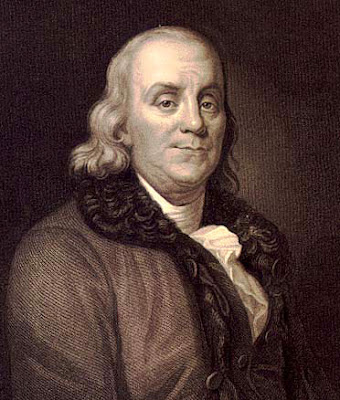A634.9.4.RB - A Reflection of Our Learning

Over the last nine weeks my perception of ethics has changed in certain ways, and in other ways it has stayed the same. Nine weeks ago I would have had a hard time giving an accurate definition of ethics. Today I would still struggle to define ethics, although I understand more than I did a few weeks ago. Ethics concerns the right way to act. However, saying that ethics is the right way to act does not define it clearly enough. I have struggled to really get a grasp on ethics, because who decides what the right way to act is? Should society decide? Is it up to the individual? Is there a board that determines appropriate conduct? There are times that society has been wrong about what is right. For example, when slavery was generally accepted by society, that did not make it ethical. At times it seems like we condescendingly look to our ancestors and think they were foolish and unenlightened. How could they make such unethical decisions? Will our descendants think the sa



